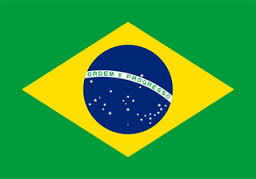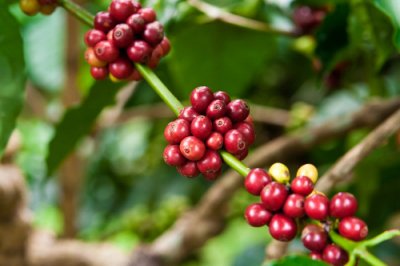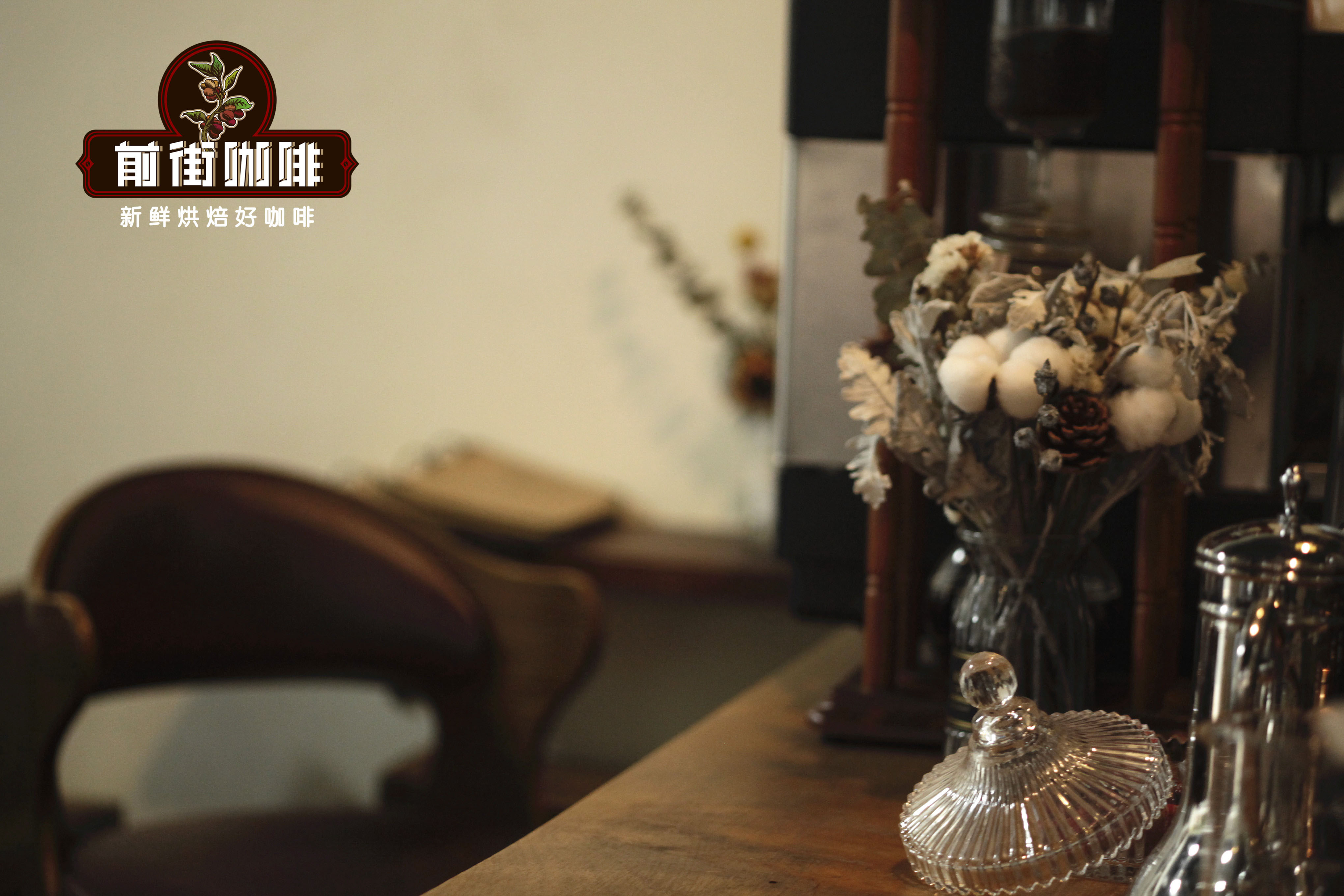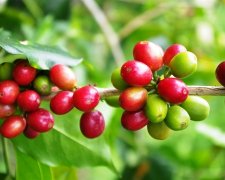Brazil Coffee Manor-Daterra Manor Information introduces the price of coffee in Brazil

For professional baristas, please follow the coffee workshop (Wechat official account cafe_style)
Daterra Manor
In 1974, Datra Manor was founded in PATROCINIO, MINAS province, Brazil.
In its start-up period, avocados and cattle were mainly grown. It was only in the 1980s that coffee was cultivated wholeheartedly. Compared to the history of Brazilian coffee, Datra is a young manor. Because he is young, he is completely scientific and technological.
Datra has more than 50% of protected areas, while paying attention to production quality, staff welfare and sustainable management, which is the benchmark of social responsibility and environmental protection in coffee plantations.
The Datra farm is located above 1150 meters above sea level, with an average temperature of about 25 degrees. All Arabica coffee is produced, and the coffee quality is better during the dry season. The farm is distributed in different blocks, according to which the varieties are divided, rainfall and production records are recorded. Production management and monitoring. Sustainability has always been the core of Datra, constantly looking for better eco-agricultural practices through research with scientists. Optimize the use of water, recycle water for treatment, produce organic fertilizers, maintain original forests, wildlife and ecology, and maintain 50% of the ecological reserves and employees, local groups, customers and suppliers to communicate environmental knowledge and promote environmental education. Daterra is committed to regularly revising the environmental management system and continuous improvement.
There is a great difference in flavor between Brazil and Brazil, with complex and high-quality sweet fruit aromas and comfortable citrus acidity. In addition, his aftertaste, mellow, and fragrance add the smell of vanilla caramel, and the reasons for his fame are Troels Poulsen and Klaus Thomsen, two WBC champions in 2005 and 2006. In all the espresso recipes used in the competition, Brazil's Datra Sweet Collection is included, and four of the top six contestants in the World Barista Championshios in 2008 used Datra's products.

Cup test:
Dried incense: Lentinus edodes, wheat straw
Wet fragrance: the smell of flowers and honey
Flavor: post-gestation flower sweet, low acidity, dry-vanilla, wet nut chocolate. One sour, two sweet and three sweet, with some citrus flavor in the back. After drinking this cup, I swallowed the saliva straight out, but it looked like unmeltable honey lingering in the mouth, which really made people have a feeling of earning.
Product name: Brazilian Yellow Sweet dense (Brazil Sweet Yellow)
Country: Brazil
Producing area: Minas-Djilas area (State of Minas Gerais)
Planting altitude: 1000mi / m 1100m
Manor: Daterra Estate
Grade: NY2 (NO2) (the highest grade of coffee beans in Brazil)
Particle size: Screen 16 stroke 17
Treatment: peeled in the sun (semi-washed) Pulped (Semi-washed) Brazilian honey treatment, sun or machine drying and use
Variety: bourbon Bourbon, Kaddura Caturra, Aikay Acaia
Certification:
Rainforest Alliance rainforest protection certification
ESALQ Brazil Environmental Protection Certification
IBD Brazil Organic Certification
UTZ certification
ISO 14001
Optimum baking degree: high baking 4 optional baking degree 3-8
Important Notice :
前街咖啡 FrontStreet Coffee has moved to new addredd:
FrontStreet Coffee Address: 315,Donghua East Road,GuangZhou
Tel:020 38364473
- Prev

Brazilian coffee bean hand brewing parameters suggest how to correctly hand brew Brazilian coffee course
The exchange of professional baristas please pay attention to the coffee workshop (Wechat official account cafe_style) coffee producing countries: the coffee industry is one of Brazil's main economic sources and the world's leading coffee producer, almost all espresso contains Brazilian coffee. ◆ coffee bean producing area: Karmudimi, Brazil
- Next

Brazilian coffee? what coffee beans are good? Syracuse Coffee, the best coffee producing area in Brazil.
For the exchange of professional baristas, please pay attention to the coffee workshop (Wechat official account cafe_style) produced in the prairie at an altitude of 8501200 meters, with an average annual temperature of about 20 degrees, a distinct dry and wet season and comfortable low temperature to form the unique flavor of this bean. Cerrado Caf Area is the best Brazilian bean in many producing areas of Brazil. It is a raw bean made from the sun. Kenner's handmade coffee is used.
Related
- Detailed explanation of Jadeite planting Land in Panamanian Jadeite Manor introduction to the grading system of Jadeite competitive bidding, Red bid, Green bid and Rose Summer
- Story of Coffee planting in Brenka region of Costa Rica Stonehenge Manor anaerobic heavy honey treatment of flavor mouth
- What's on the barrel of Blue Mountain Coffee beans?
- Can American coffee also pull flowers? How to use hot American style to pull out a good-looking pattern?
- Can you make a cold extract with coffee beans? What is the right proportion for cold-extracted coffee formula?
- Indonesian PWN Gold Mandrine Coffee Origin Features Flavor How to Chong? Mandolin coffee is American.
- A brief introduction to the flavor characteristics of Brazilian yellow bourbon coffee beans
- What is the effect of different water quality on the flavor of cold-extracted coffee? What kind of water is best for brewing coffee?
- Why do you think of Rose Summer whenever you mention Panamanian coffee?
- Introduction to the characteristics of authentic blue mountain coffee bean producing areas? What is the CIB Coffee Authority in Jamaica?

